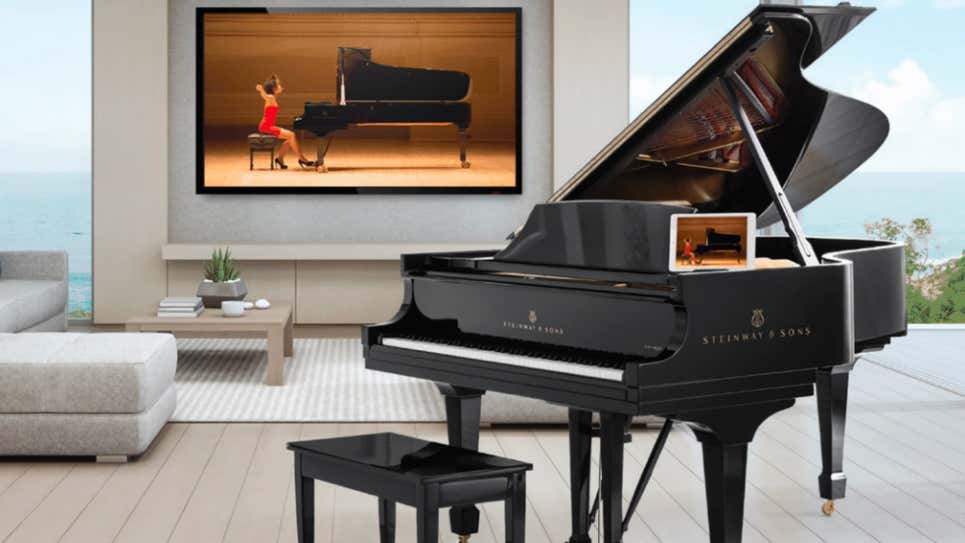#Metoo: 653 Swedish opera singers say they were sexually harassed
mainA statement signed by 653 female opera singers in Sweden maintains that they suffered harassment and sexual misconduct by powerful men in the classic music industry.
The offences range from verbal aggression to attempted rape.
The signatories include Anna Larsson , Katarina Dalayman, Erika Sunnegårdh, Miah Persson (pictured), Iréne Theorin, Elin Rombo, Katija Dragojevic, Ida Falk Winland, Kerstin Avemo and Lena Nordin. Swedish Radio is preparing to broadcast a program that will name two prominent teachers at the Royal Academy of Music as persistent offenders.
All information, so far, has been in Swedish.






Comments